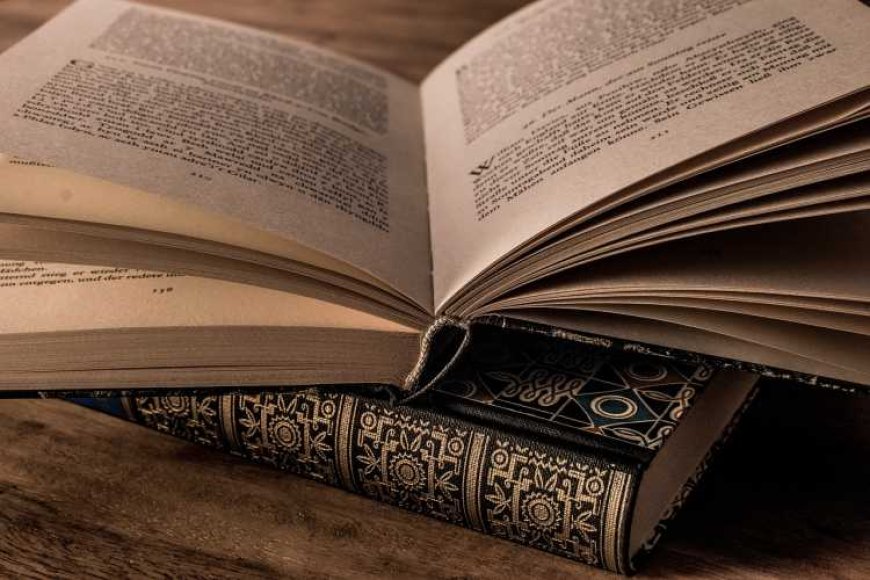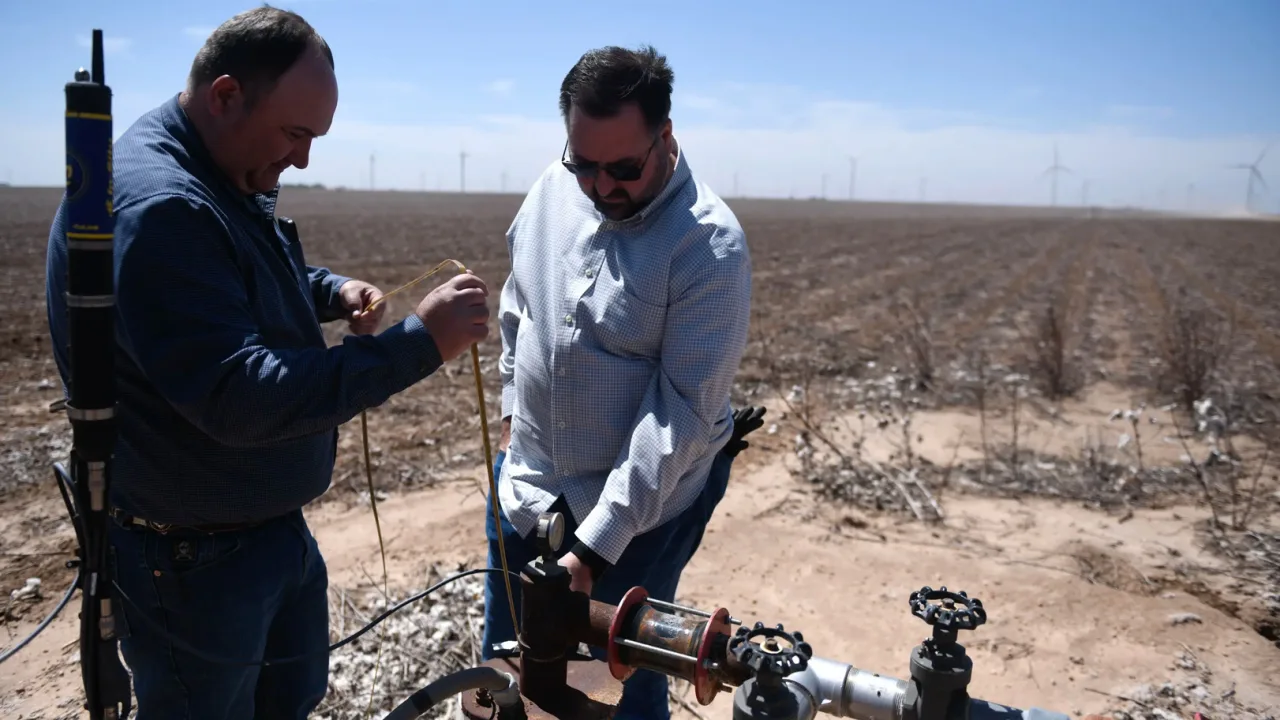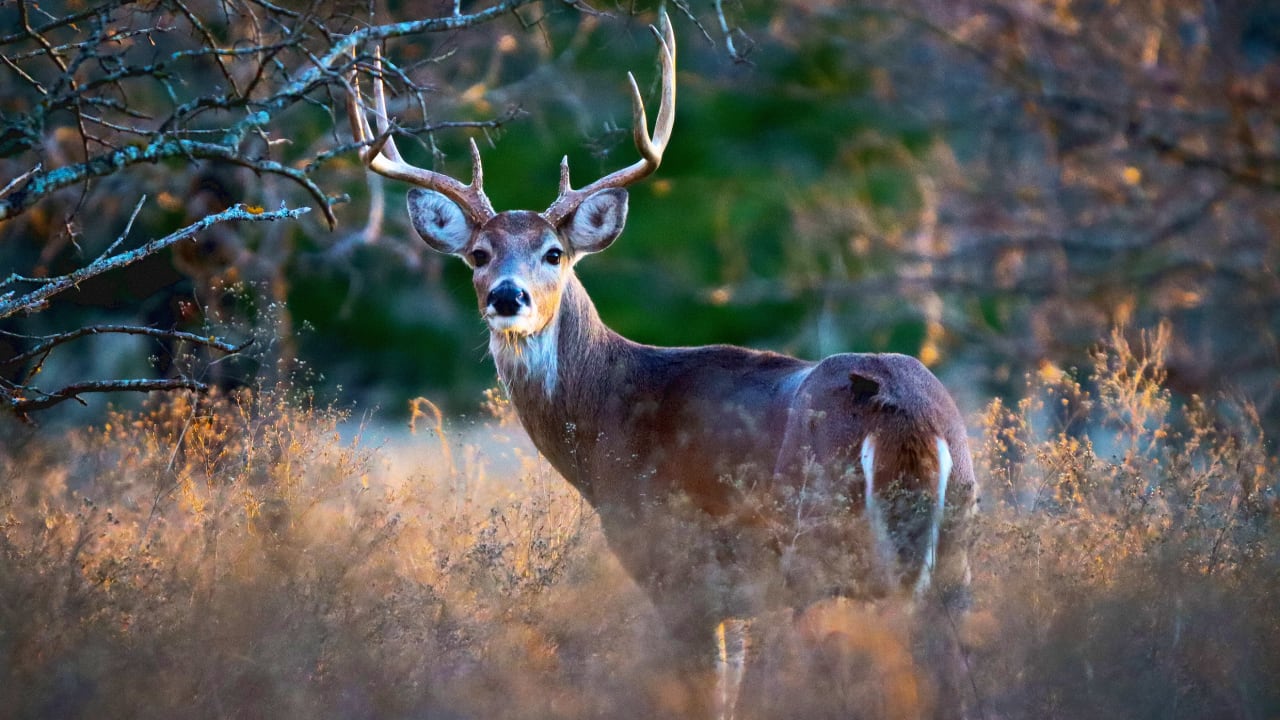Why Wallace H. John’s Story Resonates with Modern Explorers
Discover why Wallace H. John’s story resonates with modern explorers seeking adventure, purpose, and personal growth.

Introduction
Have you ever heard a story that felt like it was speaking directly to your soul? That’s the kind of impact Wallace H. John has on those who come across his journey. In a world buzzing with noise and instant gratification, his tale stands out—a beacon for anyone craving adventure, purpose, and a deeper connection with the world. But who was Wallace H. John, and why does his legacy still echo through the hearts of modern explorers?
Whether you're an actual globetrotter, a weekend hiker, or someone exploring life’s possibilities in your own unique way, Wallace’s story is a reminder that the journey is just as important as the destination. Think of his life as a compass—it doesn’t give you all the answers, but it sure points you in the right direction.
Who Was Wallace H. John?
Wallace H. John wasn’t just a man with a backpack and a dream. He was an adventurer, thinker, and relentless pursuer of the unknown. He lived at a time when travel wasn’t easy and information wasn’t a click away. Still, he managed to explore corners of the world—and the mind—that many wouldn’t dare.
He wasn't famous in the traditional sense. No blockbuster movies or bestselling books. Yet those who knew of him speak of his depth, courage, and ability to connect with people everywhere he went. His story lives in journals, letters, and the lives he touched along the way.
The Era That Shaped Him
Born into a world recovering from war and caught in the throes of change, Wallace grew up during a time of great transition. The world was shifting rapidly—new borders, new ideas, new fears. Instead of staying safe within societal expectations, he leaned into the unknown.
Can you imagine trying to plan a journey with no smartphone, no GPS, no Google Translate? That was Wallace’s reality. And still, he thrived. It’s a testament to how courage, curiosity, and human connection can take you further than any tool.
The First Big Adventure
Every explorer has that one trip that changes everything. For Wallace H. John, it was a solo trek across Central Asia. While others were afraid of the political climate and difficult terrain, Wallace saw opportunity.
He faced sandstorms, language barriers, and even the occasional wild animal. But it was here that he truly began to understand the power of presence—of being in the moment and allowing the world to teach him.
He didn't conquer landscapes; he became part of them.
Overcoming the Impossible
Wallace's journey wasn’t without hardship. At one point, stranded without supplies in a remote mountain pass, he survived on melted snow and sheer willpower. Most would have turned back, but Wallace pressed on.
This wasn’t just physical resilience—it was mental, emotional, and even spiritual. His ability to push through adversity is one of the reasons his story still resonates today. Modern explorers see in him a model of grit that goes beyond muscle.
An Explorer at Heart
To Wallace, exploration wasn’t about planting flags. It was about understanding. He wasn’t interested in being the first to do something—he wanted to learn, to connect, to grow.
He once spent three months living with an indigenous tribe, sharing their lifestyle and learning their customs. Not to document them, but to experience life through their eyes. That kind of humility and openness is rare—and incredibly inspiring.
Mindset Over Map
Here’s a truth Wallace understood early on: You don’t need a passport to explore. Real exploration starts in the mind. It’s about curiosity, openness, and the willingness to be changed.
Modern explorers resonate with this deeply. Whether it's diving into a new culture or trying something outside your comfort zone, Wallace’s mindset is a guidepost. Think of it like this—he carried not just a compass, but a mirror. He was always ready to reflect on his experiences and grow from them.
Why His Story Still Matters Today
In a time when we can travel the world from our phones, why does a man from a bygone era still matter?
Because Wallace H. John reminds us that exploration is about more than miles—it's about meaning. He showed that even the smallest journey, taken with purpose, can be transformative.
For today’s digital nomads, gap-year students, and soul-searching professionals, Wallace’s story is more relevant than ever.
Lessons from Wallace for Modern Explorers
Stay curious. Wallace never stopped asking questions.
Be adaptable. Plans change—it's how you respond that defines the journey.
Seek connection. People are the richest part of any trip.
Value solitude. Some paths must be walked alone to truly be understood.
These aren’t just travel tips—they’re life lessons.
How Technology Changes the Game
Today’s explorers have tools Wallace could never have imagined. GPS, translation apps, instant communication. But here’s the twist—sometimes, too much convenience dulls the experience.
Wallace’s story encourages us to put down the phone and really look around. To ask questions, make mistakes, and grow. Technology is a great tool, but it shouldn’t replace curiosity and courage.
Embracing Uncertainty like Wallace Did
Uncertainty is scary. But for Wallace, it was where the magic happened. He walked into situations not knowing the outcome—and came out transformed.
Modern life trains us to avoid risk. Wallace teaches us to embrace it, not recklessly, but with trust that the journey will teach us something valuable.
Wallace's Legacy in Pop Culture
While Wallace H. John isn’t a household name, his influence pops up in surprising places. Filmmakers, writers, and artists have referenced him—sometimes directly, other times in spirit.
Think of characters like Indiana Jones or modern minimalist travel bloggers. There’s a thread of Wallace’s ethos woven into their stories: curiosity, respect, and raw courage.
The Spirit of Adventure is Universal
One of Wallace’s core beliefs was that adventure belongs to everyone. You don’t need to cross oceans to feel alive. Sometimes, the most powerful discoveries happen in your own backyard.
This idea resonates with people across generations and cultures. It democratizes exploration—something Wallace would be proud of.
The Psychology of Exploration
Wallace understood something science later confirmed: exploration boosts mental health. It builds resilience, lowers anxiety, and increases a sense of purpose.
He intuitively grasped what psychologists now teach—that movement, novelty, and reflection help us become our best selves.
Following in His Footsteps Today
You don’t have to retrace Wallace’s exact path to honor his legacy. Start with a walk in the woods. Try a new language. Travel solo. Ask better questions.
Wallace H. John’s story is less about specific actions and more about attitude. And that’s something we can all emulate.
Conclusion
The next time you face a decision—big or small—ask yourself: What would Wallace do? Would he take the easy route, or the one that promised growth? Would he avoid discomfort, or lean into it with curiosity?
Wallace H. John’s story isn’t just a travel log. It’s a map for living boldly, meaningfully, and with heart.
FAQs
1. Who was Wallace H. John?
Wallace H. John was an explorer and thinker known for his deep curiosity, resilience, and the meaningful way he connected with people and places during his travels.
2. Why is Wallace H. John’s story relevant today?
His story reminds us that exploration isn’t about where you go, but how you grow. It's a powerful message in our convenience-driven world.
3. Did Wallace H. John write any books?
He left behind journals and letters, though not mainstream publications. Many modern writers have drawn inspiration from his writings.
4. What can modern travelers learn from Wallace H. John?
Stay curious, embrace discomfort, and seek meaningful connections. These values remain timeless and deeply relevant.
5. How can I explore like Wallace H. John without leaving my city?
Try new neighborhoods, meet different people, or even pick up a new hobby. Exploration is a mindset, not just a location.

































































































































































